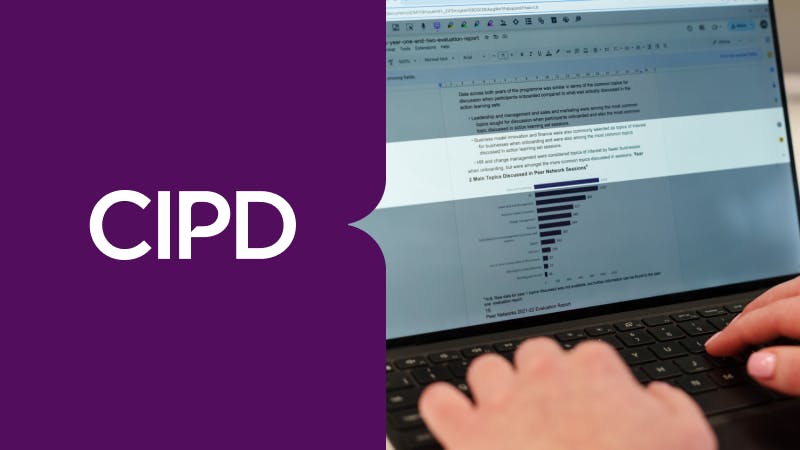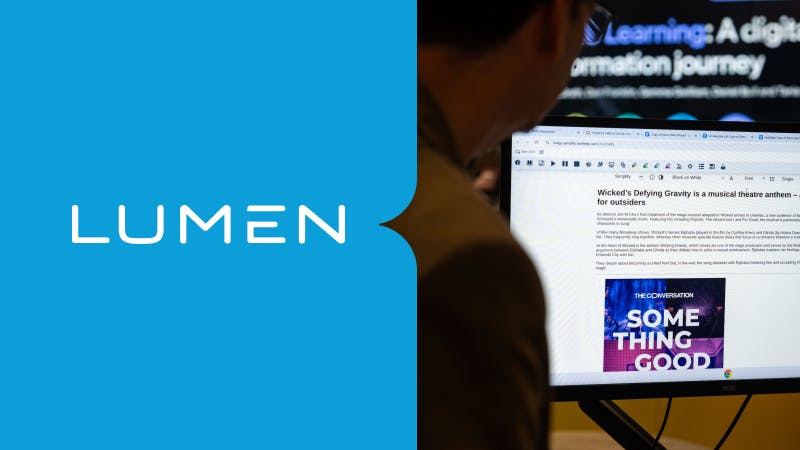Results at a glance
- CIPD adopted Read&Write for Work as part of their strategy to build a culture that supports different needs, implementing a company-wide rollout of the inclusive software.
- Read&Write supports CIPD in developing a neurodiverse, accessible, and productive workplace.
- CIPD emphasised the impact of neuroinclusive software, describing it as a tool that removes barriers to support.
- They highlighted the importance of making the software available to all employees - not just neurodivergent individuals - since neurotypical staff can also benefit from Read&Write.
- CIPD shared the importance of embracing neurodiversity. Without intentionally making efforts to remove invisible barriers, organizations cannot fully experience the benefits of a neurodiverse workforce.
CIPD is the professional body for HR, and global leader in personnel and development. They have more than 160,000 members across the world.
Championing better work
The Chartered Institute of Personnel and Development (CIPD), the professional body for Human Resources (HR) and people development, is a global leader in HR and has been shaping the future of work since 1913. With over 160,000 professional members worldwide, the CIPD is dedicated to championing better work and working lives.
As part of their strategy to build an environment where everyone thrives, they adopted a company-wide rollout of Everway’s Read&Write for Work.
Led by the Learning and Development team, CIPD's commitment to creating access for everyone, coupled with Read&Write, cultivates a neurodiverse, accessible and productive workplace.
Not everyone will know that they need it, but also a lot of neurotypical people gain from assistive technologies."
Removing barriers
A spokesperson for the CIPD said: “It makes a big difference in making your organisation more [neuro]inclusive by removing barriers to access the technology. Not everyone will know that they need it, but also a lot of neurotypical people gain from assistive technologies.
“Hiring neurodiverse talent adds diversity, but without creating a sense of belonging and removing accessibility barriers, you’ll still lose them. You won't be able to leverage that diversity that you worked so hard for at the beginning.”



